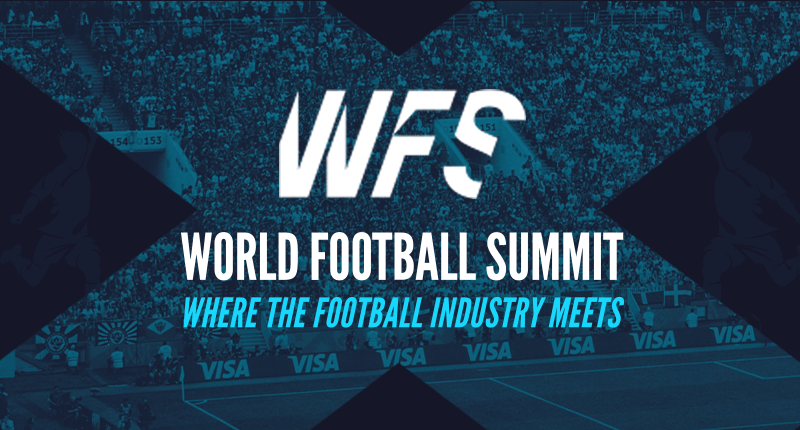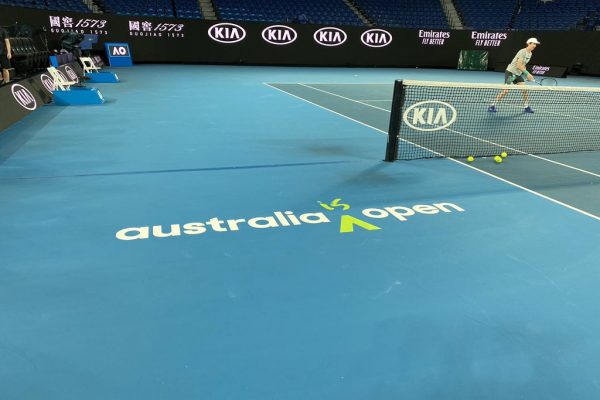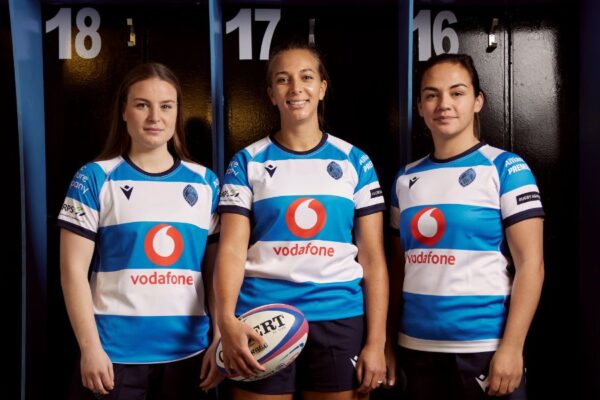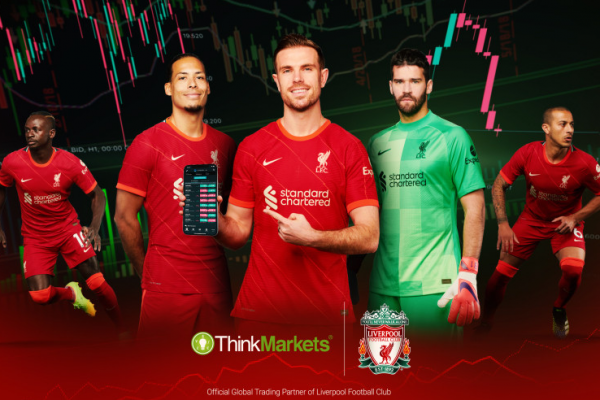NFTs are not a passing fad. NFTs are the natural evolution of the way humans create culture and communicate with each other.
In the 90s we had the internet.
In the 2000s it was social media.
Now, it’s NFTs.
That’s how big this is.
30-40,000 years ago, before humans could speak, we grunted and drew on caves to communicate with each other and create cultural artifacts we could point back to.
When we became hunter gatherers 12,000 years ago, we began to collect things in excess of what we need to survive. Some of these things didn’t necessarily have intrinsic value or use to us. Shiny stones and interesting looking things, whatever they were – we were drawn to for one reason or another. As modern humans, we’ve collected anything from coins and marbles to stamps and football cards.
Then the internet was created.
Physical collectibles and things we were used to buying and consuming, like music or video, suddenly became free or digitised and distilled into something transactional.
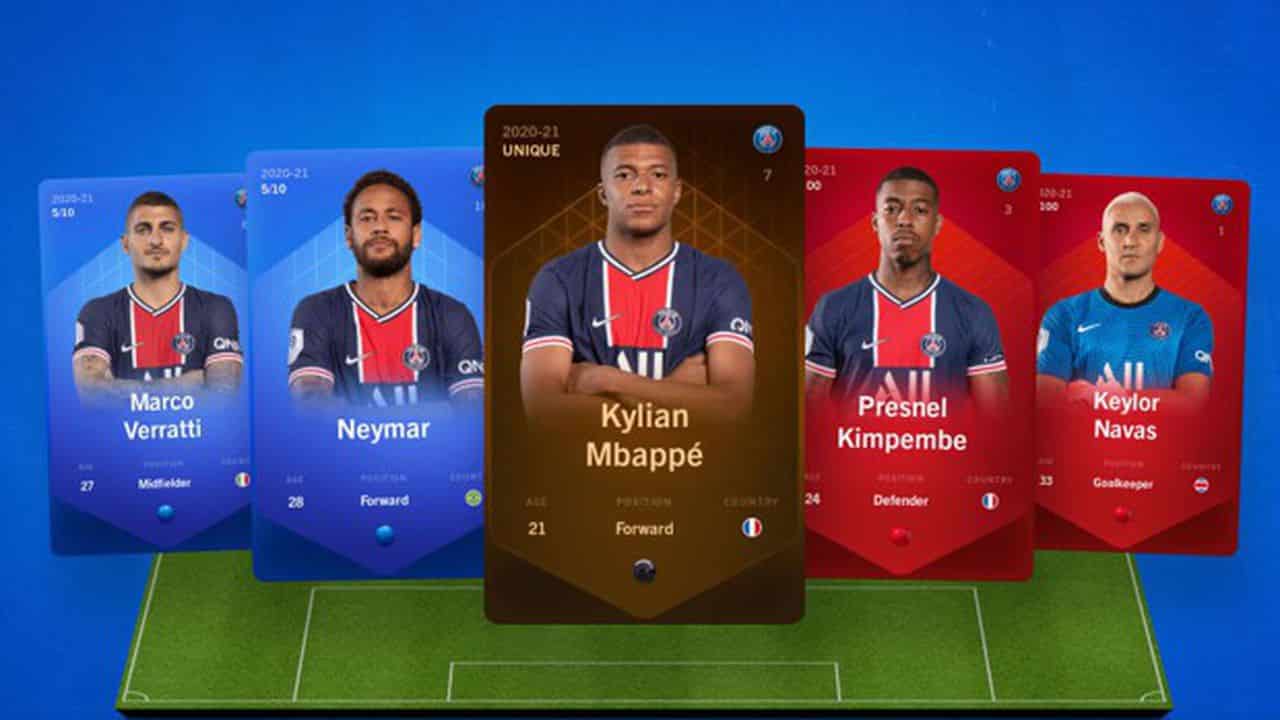
When Eminem drops a new album, we can buy it and it is then linked to our Apple account (as long as we can remember the password for it!). I’m used to going on YouTube and watching Maroon 5’s latest music video.
The things we were used to buying, collecting and owning suddenly no longer existed in the way we were used to.
What NFTs have done is allowed us to go back to that essence of collecting and ownership.
We’ve first seen it in art, with digital art where blockchains and NFTs have become the vehicle for people to sell their creations and for their fans to own them in a digital manner.
But art and collectibles are not the be all and end all for us as humans when it comes to culture.
There’s music, gaming, sport, communities and more that all make up our existence and reason for being as humans.
In gaming we’ve seen Axie Infinity create a game which has 1m daily active users and earned $2bn in revenue as a play-to-earn game.
In music we’ve seen Audius build a creator-first music platform.
Friends With Benefits have created a community that is worth over $100m dollars at the time of writing.
In sports, we’ve already seen Sorare (who have recently raised $680m at a valuation of $4bn+) create an enthralling NFT based fantasy game. We’ve seen Dapper labs collaborate with LaLiga on launching their first collectible NFTs. Manchester City have already dropped their own NFT collections.
And the exciting thing is that we’re only touching the surface.
NFTs can be (and will probably end up being) anything and everything.
What we now see as simply collectibles and art will become keys to unlock physical and digital experiences. An NFT created by Manchester United could give you access to two games per season in a physical sense, but it could also unlock online Q&As with club legends. After a year of owning said NFT, the club could drop a token in your wallet which gives you access to their yearly player of the year award ceremony.
In football terms, this is about extending the relationships people have with clubs, players and brands beyond the 90 minutes and beyond social media.
This is about creating immersive experiences both digital and physical, that are owned by fans.
In the future, I see anything from tickets to merchandise being NFTs from a club’s standpoint. The ability to have a digital ticket in your wallet on your phone – which proves you were at a game instead of a physical ticket-stub – is something that could become the norm. Merchandise we’re already seeing – but there’s another level to how clubs pivot to a digital-first model when it comes to the touch point for engagement, that then leads to something further down the line.
The special thing about NFTs that I think will make many sit up and take note of over the next 12-36 months is their interoperability. We currently live in a fairly siloed world.
Whether that be the financial services products we use, the games we play or memberships we renew on a yearly basis – they don’t have this interoperable feel to them.
The Panini sticker I buy is a Panini sticker. I put it in an album, and that is it.
The Manchester United collectible I buy may give me access to Manchester United based experiences, but what if the Premier League decides to create worldwide fan parks or events that only Manchester United NFT holders have the right to access?
What if BT Sport created a documentary on the history of NFTs that only these token holders get access to?
The fluidity that NFTs have from a cross platform, cross medium perspective is yet to become mainstream. This is going to open up a realm of possibilities for everyone involved in football, from content creators and game developers to worldwide football fans and season ticket holders. Every aspect of the football economy, wherever football fans and entities spend time or money – is going to be disrupted by NFTs.
Author Petrit Berisha is the Head of Cryptomedia for the global football media business COPA90


